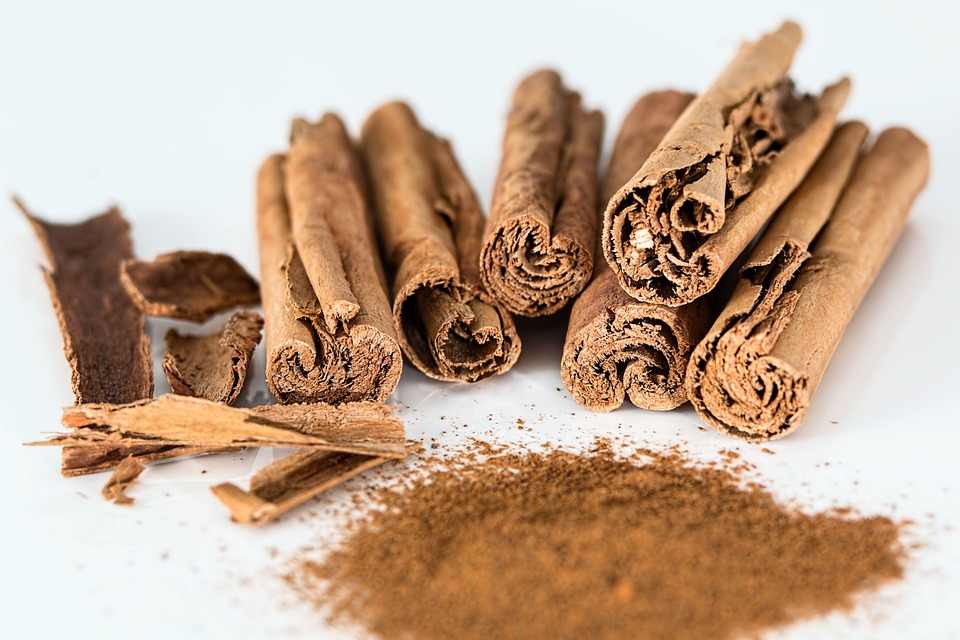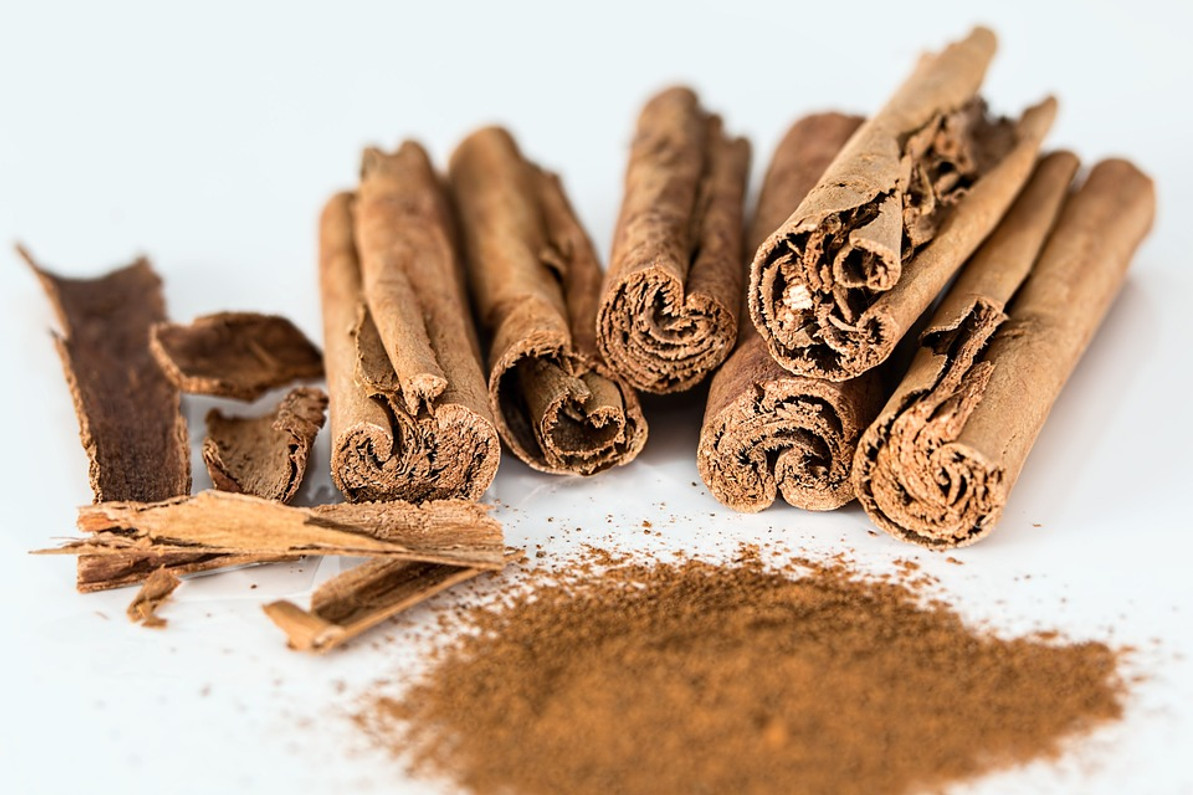Cinammon may Lower Risk of Heart Disease

If you want to lower your risk of heart disease, you should consider adding more cinnamon to your diet.
Heart disease is the world's leading cause of death among men and women alike. According to the Centers for Disease Control and Prevention (CDC), more than 600,000 Americans die from heart disease each year in the United States. While regular exercise and physical activity can help curb these numbers, there's new evidence suggesting that cinnamon may also help.
Researchers found that rats which were fed cinnamon had fewer molecules associated with fat-storing, as well as higher concentrations of antioxidant and anti-inflammatory molecules, than their counterparts which were not fed cinnamon.
What does this mean exactly? Well, consuming a high-fat diet increases the risk of heart disease (among other things). Excess fat clogs the arteries while forcing the heart to work overtime. These reactions ultimately increase the risk of a heart episode like stroke occurring. This study, however, suggests that cinnamon may protect against this phenomenon by activating the body's anti-inflammatory and antioxidant systems; thus, slowing down the speed at which fat is stored and subsequently reducing the risk of heart disease.
"These results suggest CNM [cinnamon] supplementation reduces hyperlipidemia, inflammation, and oxidative stress through activating transcription factors (SREBP-1c, LXR-α, NF-κB, and Nrf2) and anti-oxidative defense signaling pathway," wrote the study's lead author.
In addition to consuming more cinnamon in your diet, there are other ways to lower your risk of heart disease, including the following:
- Don't smoke. Cigarette smoke contains thousands of toxic chemicals, many of which damage the heart and increase the risk of heart disease.
- Manage your stress levels. While everyone experiences stress, chronic stress can take a toll on your health in multiple ways, one of which is raising your blood pressure and subsequently increasing your risk of heart disease.
- Stay active. Arguably, one of the most effective ways to lower your risk of heart disease is to stay physically active. You read more about the recommended guidelines for physical activity by clicking here.
- Cut down on sodium and processed sugar. Use caution to over the overconsumption of sodium and/or processed sugar, both of which can have adverse effect on your heart health.
- Get plenty of sleep. Lack of sleep -- or poor quality sleep -- can take a toll on your heart.
Recent Posts
-
Fire Safety in the Workplace: What You Need to Know
What steps are you taking to prevent fires in your workplace? According to the U.S. Occupational Saf …Aug 23rd 2023 -
Is It Safe to Go Jogging With a Cold Infection?
If you're suffering from a cold infection, you might be wondering whether it's safe to go jogging. T …Aug 22nd 2023 -
5 Safety Tips to Follow When Using a Powder-Actuated Tool
Powder-actuated tools are commonly used to join materials to steel and concrete. Also known as Hilti …Aug 20th 2023




